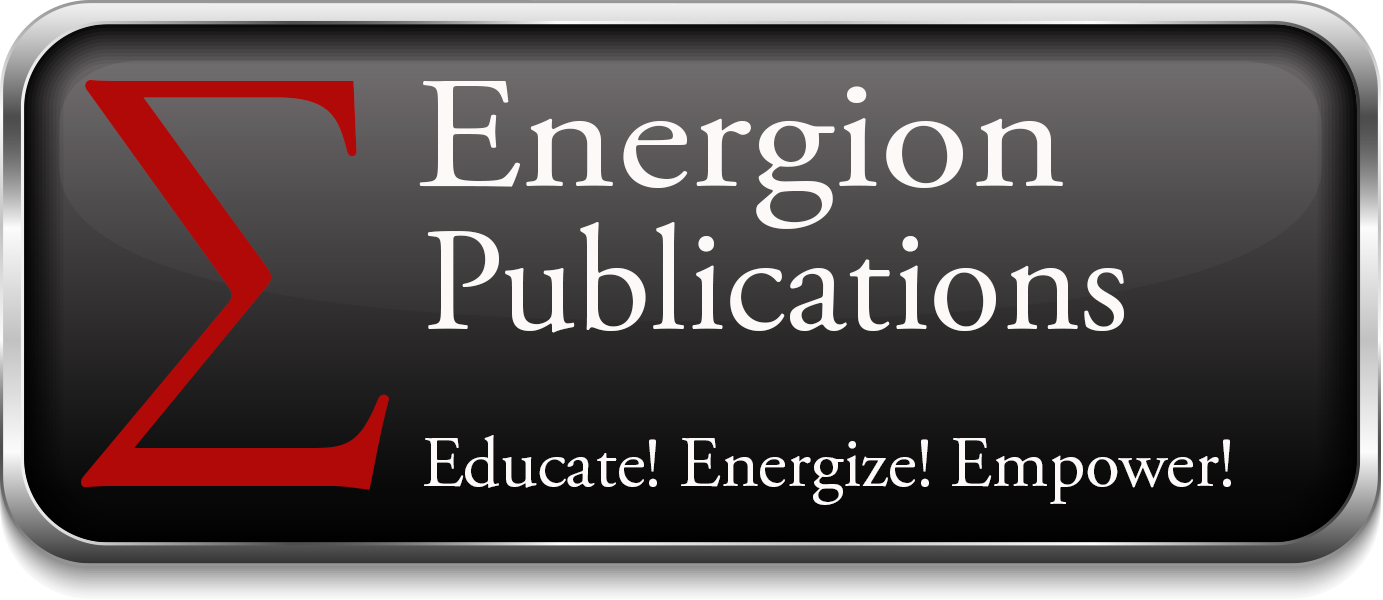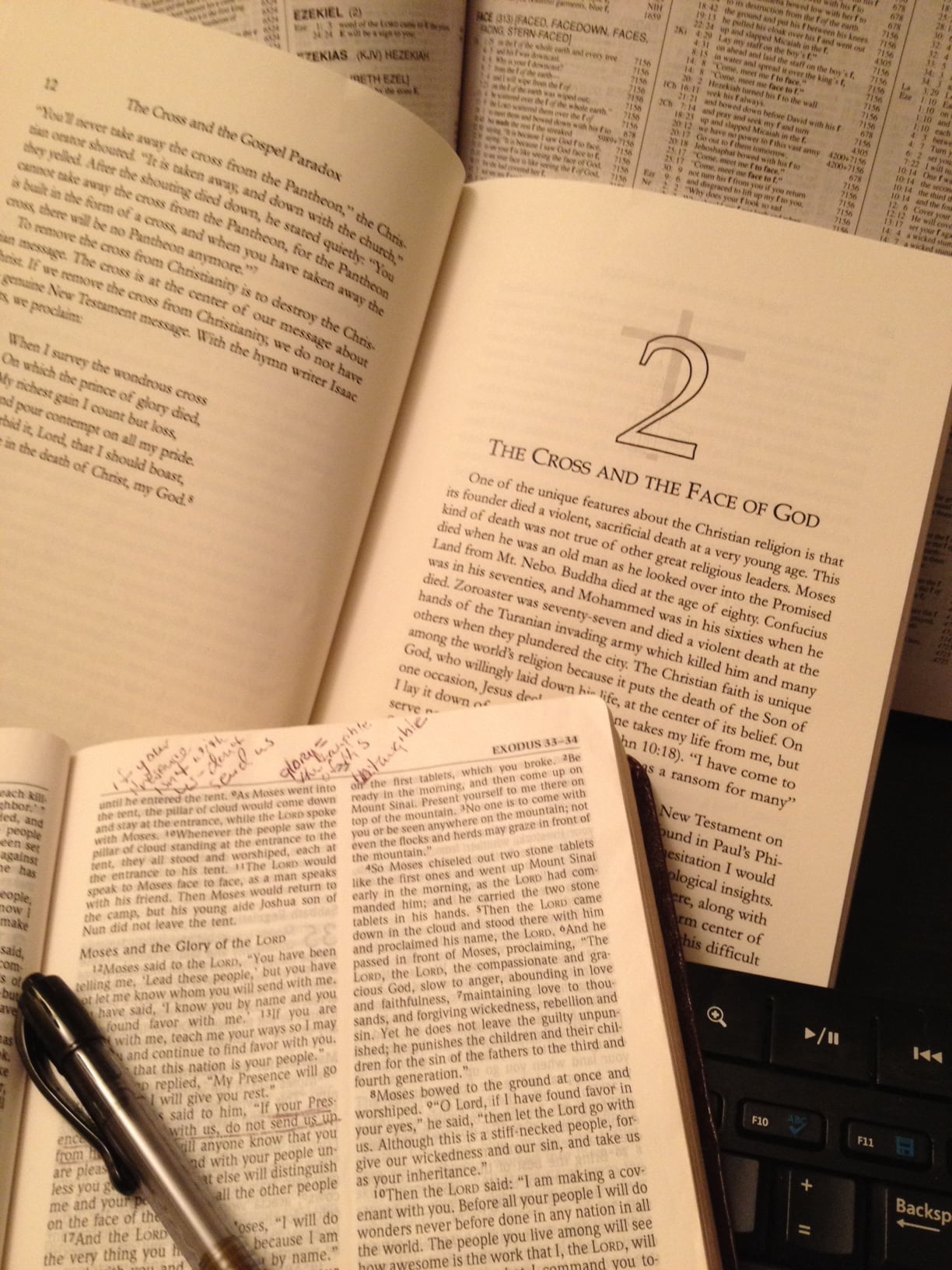From Our Books: The Function of Inerrancy
(Starting next week, we will have a regular feature on this blog displaying quotes from one or more of our books connected to some current issue or discussion. We will creatively title these From Our Books. This is an early taste. Please follow the link for an explanation.)
Today on The Jesus Creed (Scott McKnight’s blog) RJS posts on inerrancy, interacting with The Lost World of Scripture by John Walton and D. Brent Sandy, in a post titled The Pros and Cons of Inerrancy.
Here are two quotes from our authors on the subject, first from Edward W. H. Vick:
Any account of the Bible that is at all reasonable and adequate will recognize this fact and as a result will not be able to speak of the Bible in terms of verbal inspiration leading to an inerrant text. It will take into account the whole process of composition and also give due weight to the way in which the Bible functions within the Christian community. But traditional theories of inspiration either did not take adequate account of how the Bible actually functioned in the church’s life, or gave a truncated version of that function. For example, they see the Bible as a textbook of doctrine from which a doctrinal system could be derived, and which would be duly guaranteed by the inerrancy of their source. So we have returned again to the idea of inerrancy. (Edward W. H. Vick, From Inspiration to Understanding, p. 124)
And from Elgin Hushbeck, Jr., a concluding paragraph:
In this book, we have examined the criticism of the Bible and have found them lacking. We examined evidence for the text of the Bible and found the text to be thoroughly reliable. We looked at the development of the canon and found, despite the claims of critics, that it was an issue settled long before first Church Councils ever met. We saw the critiques of modern critics to be flawed and based more on their own presuppositions than the evidence. We saw that the evidence of archeology backs up the statements of the writers in many places. We looked at the problems with religion, in general and the Bible in particular, that emerged as a result of modern science. We saw that there was no inherent conflict and that in many ways more recent findings of science lent some support of the Bible. We examined the standard tests for assessing the historical reliability of the ancient documents and found that when applied to the Bible, the Bible is shown to be a reliable document. Finally, in this chapter we have looked at the prophecies of the Bible to see that not only are they reliable, but that the Bible truly is the inspired Word of God. As such, the issue is really not so much can you trust the Bible, but rather, will you trust what God has revealed through the Bible. The choice is yours. (Elgin Hushbeck, Evidence for the Bible, p. 173)




